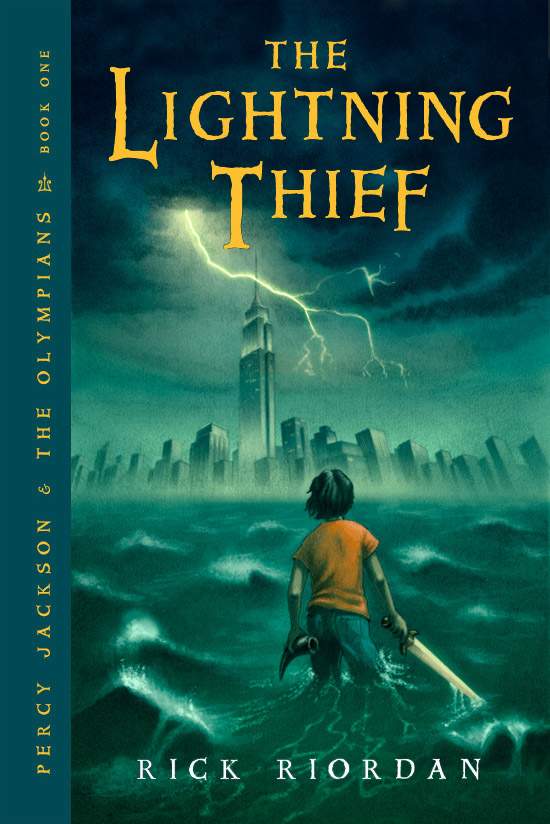Cultural Analysis (SPOILER ALERT!)
Recently, I have begun to re-read 10 books by Rick Riordan, that begins with "The Lightning Thief," that regard Greek and Roman mythology while following the adventure of a certain set of heroes that end up saving the world several times over. At first glance, this seems just about as real as flying pigs, but the characters and problems that they face actually seem both real and relatable.
There are many aspects of the characters’ struggles and personalities that speak a lot towards everyday social, physical, and emotional problems. Many times throughout all 10 books, the characters go through many unflattering human emotions, as well as the “warm-and-fuzzy” ones, creating a large attachment between reader and character. The struggles and obstacles that the people must overcome are a fun fantasy, and hold all sorts of morals and lessons to be learned. All of these concepts are, if not necessary, extremely important for the young audience that the books are targeted at.

When a character in these books becomes happy or cracks a joke, you can’t help but smile due to the brilliant writing style set up by Riordan, such as when two of the characters, Leo and Jason, make fun of each other playfully, it shows that in their essence, they’re still teenagers and their antics are fully relatable. The obstacles that the heroes have to face are all seemingly impossible, but also have important morals attached to them. In the end of the first series, the main character Percy hands over his only arms, to the main antagonist Luke, who was hosting the titan lord Kronos, in order to have Luke expose his own weakness to defeat Kronos and himself. This shows that even against all logic, it’s beneficial to have some trust.
These morals, as well as emotional connections are extremely important to all audiences, and that’s what makes Riordan’s works so astounding as works of American culture.

No comments:
Post a Comment
Note: Only a member of this blog may post a comment.